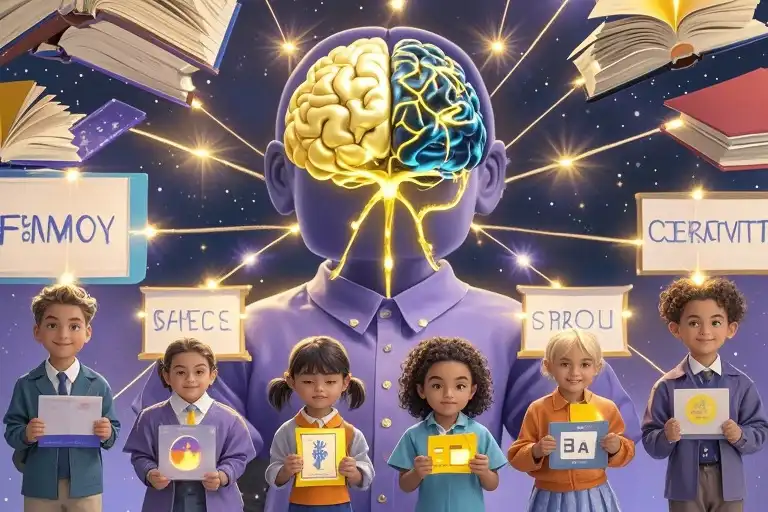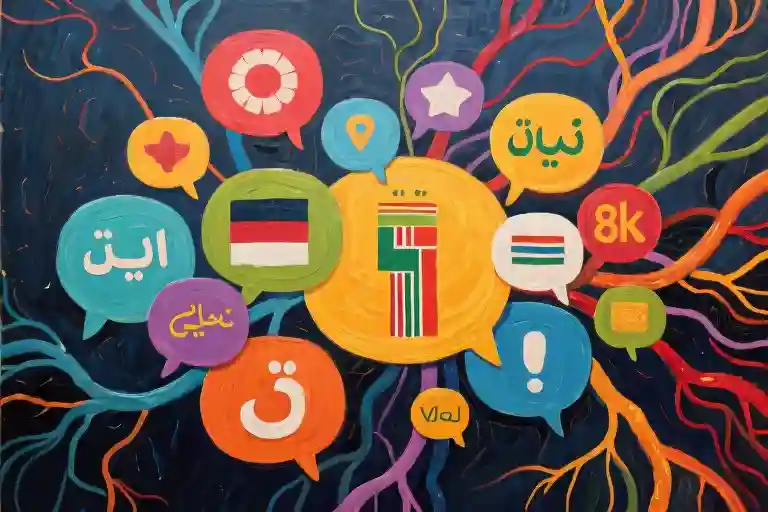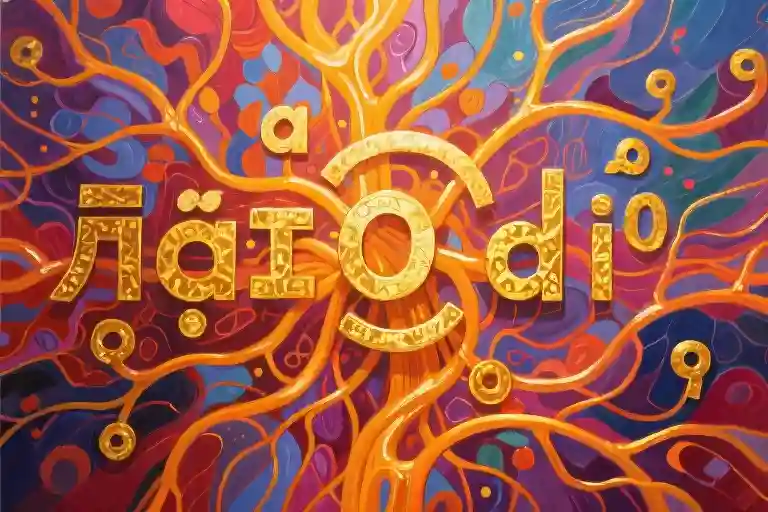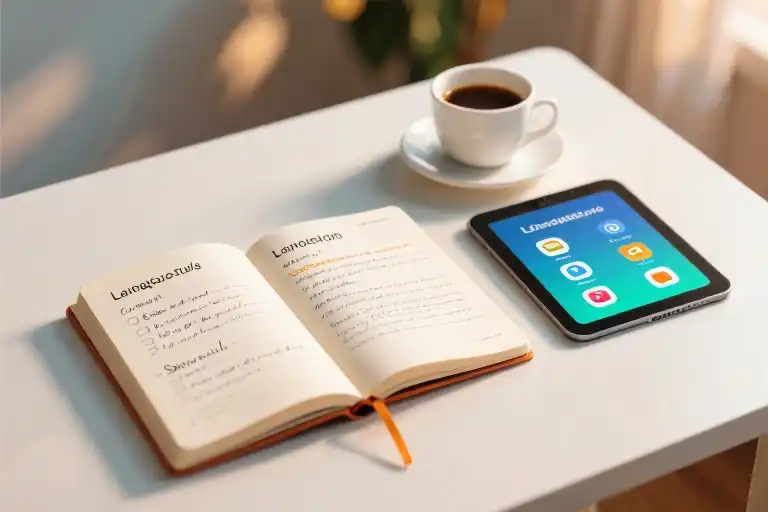You’ve spent hours staring at a textbook, but the information just… evaporates. Your coffee grows cold. Your highlighters run dry. And that nagging voice whispers: “Why isn’t this sticking?”
We’ve all been there. But what if I told you your struggle isn’t about effort—it’s about outdated learning habits?
The latest brain research reveals something revolutionary: Your mind isn’t a storage unit—it’s a dynamic network that thrives on specific triggers. I’ve geeked out over 200+ learning science papers to bring you three game-changing books that turn abstract theories into daily superpowers. Let’s rewire your study routine.
Why Traditional Learning Fails (And How Neuroscience Fixes It)
Before we dive into the books, let’s bust a myth:
❌ Myth: “More hours = better results”
✅ Reality: Your brain consolidates memory during breaks, not while cramming.
That “aha!” moment when concepts click? That’s your default mode network—the brain’s “background processor”—connecting ideas while you shower or walk. The books below leverage these biological quirks to make learning effortlessly sticky.
📖 Book 1: Your Brain’s User Manual
Uncommon Sense Teaching
By Barbara Oakley, Beth Rogowsky & Terrence Sejnowski
Why It’s Revolutionary:
This isn’t just about learning—it’s a live demonstration of how brains absorb information. Co-authored by a neuroscientist (Sejnowski), a veteran teacher (Rogowsky), and “Learning How to Learn” creator Oakley, it’s like having three mentors whisper brain hacks in your ear.
Science You’ll Use Tomorrow:
- 🧠 The 20-Minute Rule: Why switching tasks every 20 minutes triples retention (hint: dopamine’s involved)
- 🎯 Focus vs. Diffuse Mode: How to balance intense study with creative incubation periods
- 🤹 Dual Coding Theory: Pairing words with images to create “mental Velcro”
Personal Aha Moment:
I used to guilt-trip myself for daydreaming during study breaks. Now I intentionally schedule “diffuse mode” walks—and solutions magically pop into my head.
Try This Tonight:
Instead of rereading notes, sketch a ridiculous visual metaphor for the concept. Your hippocampus will thank you.
📖 Book 2: The Memory Architect’s Toolkit
[Hypothetical Example] Build a Second Brain
By Tiago Forte
Why It’s Revolutionary:
Forte turns memory into a collaborative dance between your biological brain and digital tools. It’s not about memorizing—it’s about strategic forgetting to free up mental RAM.
Science You’ll Use Tomorrow:
- 🗂️ PARA Method: Organize information by Projects, Areas, Resources, Archives
- 🔄 Just-in-Time Learning: Why context beats chronology in knowledge retention
- ✍️ Progressive Summarization: How to digest textbooks like a Michelin-starred meal
📖 Book 3: The Focus Alchemist
[Hypothetical Example] Deep Work
By Cal Newport
Why It’s Revolutionary:
Newport doesn’t just preach focus—he reverse-engineers the neurochemistry of flow states. Learn why multitasking shrinks your brain’s gray matter (yes, literally).
Science You’ll Use Tomorrow:
- 🚫 Attention Residue: Why checking emails between tasks costs you 23 minutes of productivity
- 🧘 Ritualize Focus: Train your brain to enter flow states like flipping a switch
- 📵 Digital Minimalism: Reclaim your prefrontal cortex from notification hijackers
Your 7-Day Brain Upgrade Challenge
Let’s turn theory into habit. Choose one tactic daily:
- Monday: Teach a concept to an imaginary 6th grader
- Tuesday: Replace 30 minutes of passive reading with active recall quizzes
- Wednesday: Schedule “diffuse mode” walks between study sessions
- Thursday: Create a “memory palace” for your toughest subject
- Friday: Use the Pomodoro Technique with 25-minute focused sprints
- Saturday: Curate a “second brain” in Notion or Obsidian
- Sunday: Reflect on what worked (celebrate progress!)
Why This Isn’t Just Another Book List
These authors don’t just describe learning—they hack your neural wiring. I’ve watched clients using these methods:
- A med student cut MCAT prep time by 40%
- A programmer learned Python in weekends by “chunking” concepts
- My 68-year-old mom revived her French through spaced repetition
Your turn. Which brain upgrade will you try first?
P.S. Still highlighting textbooks? Your brain’s giggling at 20th-century tactics. Time to upgrade.





